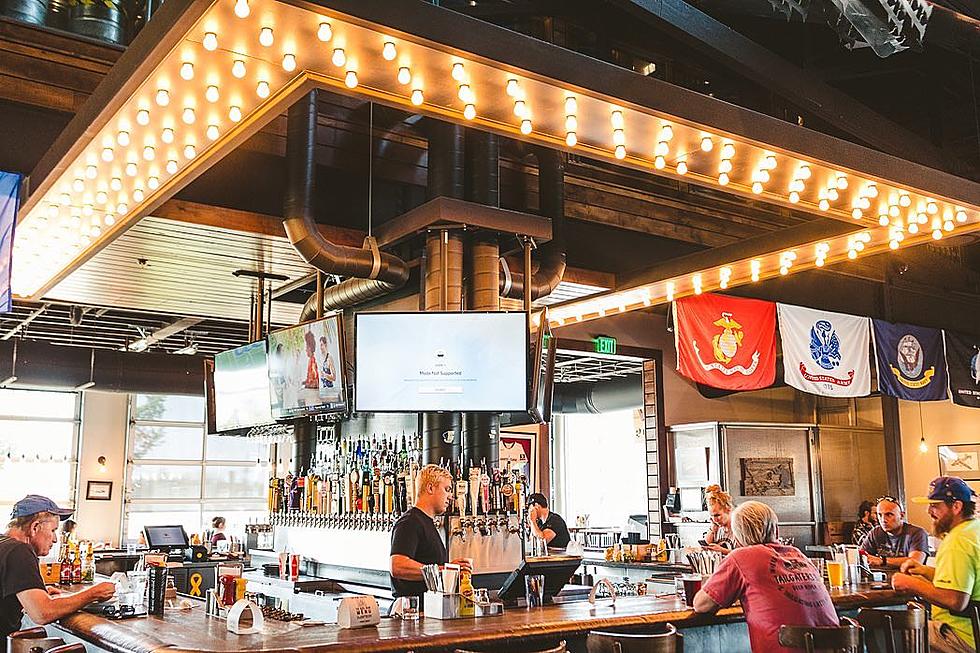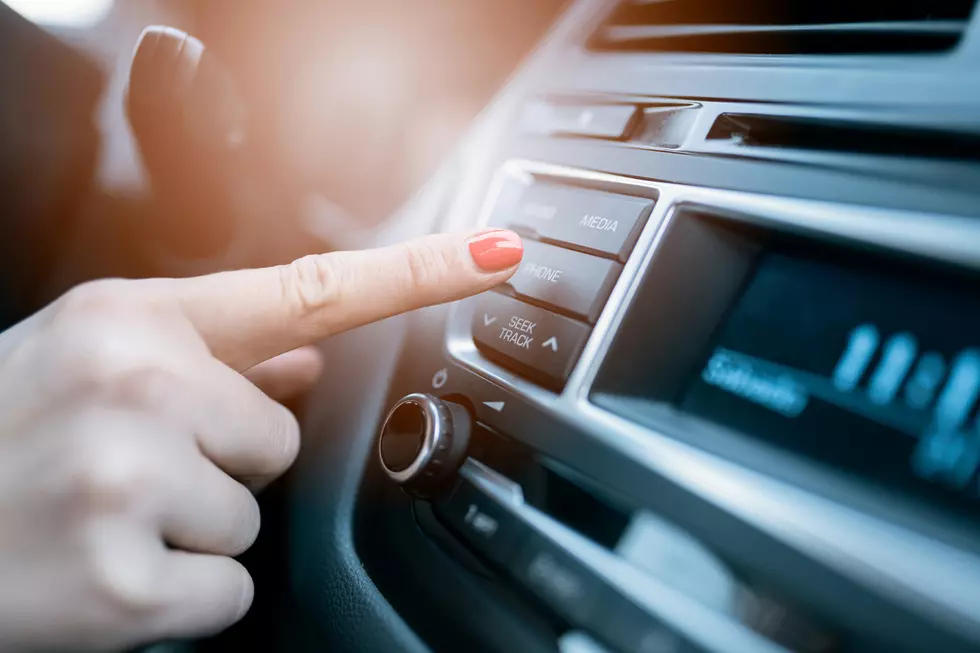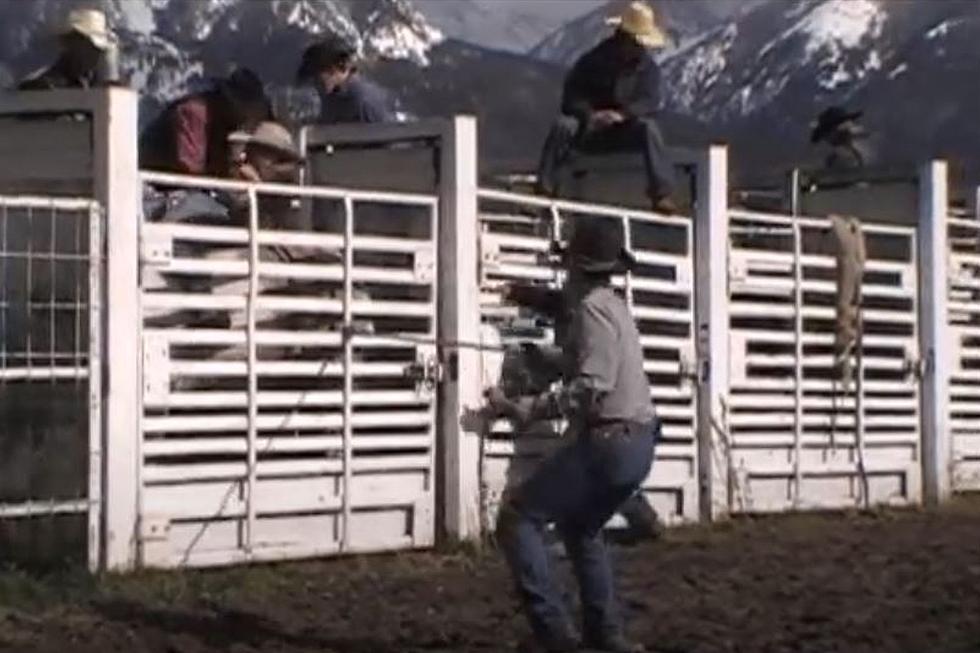
The Power of Radio
Radio has come a long way since Reginald Fessenden’s Christmas Eve, voice and music broadcast to ships at sea, from the shores of Massachusetts in 1906.
Early radios were the size of small cars and were powered by tubes — sort of funny looking light bulbs. If your set stopped working you pulled out the tubes and took them down to a local store and put them in a tube tester until you found the bad one then went back home and plugged them all back in again.
Radio Power Moved People
Most of you have heard of Orson Well’s production of “War of the Worlds,” broadcast live on Halloween night in 1938. Well’s had the entire country in a panic when he reported that aliens had landed in Grover’s Mill, New Jersey intent on destroying the earth.
If that’s not powerful enough for you — imagine this. You are sitting in a movie theatre on a Tuesday night. At 7:30 the movie is stopped, a radio is rolled out on stage so the movie audience can hear this weeks episode of “Amos N’ Andy.” Movie theatre owners of the day knew that the seats would be empty on Tuesday night if this ritual were ignored. Now that’s power.
Radio Laid the Groundwork
In the 1950’s and 60’s soap operas dominated daytime television. “Guiding Light,” “Young & Restless,” and “One Life to Live” were a part of every housewife’s daily routine.
But long before that, radio pioneered the idea of the soap opera in the 1930’s and 40’s. They were called “soap operas” because they were usually sponsored by various brands of laundry soaps like “Tide,” “Dreft” or “Fab.”
Shows like “Stella Dallas,” “Young Doctor Malone,” and “Lorenzo Jones & His Wife Belle” and “Mary Worth” were some of the dominate daytime fare.
At night, “The Shadow,” “The Jack Benny Show,” “Amos N’ Andy,” “George Burns and Gracie Allen,” “Ozzie & Harriet” and “Abbot and Costello” kept listeners glued to their radios.
Radio Is Stronger Than Ever
Radio listeners were convinced that TV would end radios dominance. And TV did take a pretty good chunk of listeners away but radio was not about to go down without a fight.
In the late fifties rock and roll came along and “Top 40” stations sprung up across the country playing everyone’s favorite music reaching people in businesses, in their workshops, kitchens and automobiles. TV was not about to keep repeating their top shows all day long so radio found a powerful repetitive niche.
In the 1970’s radio found another niche, “oldies.” Classic rock, Beach Boys, Beatles, and Elvis gave more people good reasons to keep the radio within easy reach.
In the 1980’s a relative unknown, with a carnival barker personality, with the unusual name of Rush Limbaugh began the “talk radio” genre. Millions tune in each day to over 400 stations across the country to hear which way the political winds are blowing.
Some Final Thoughts
We wake up to radio; we go to sleep to radio. Sports, music, talk, education, are all available at the turn of a dial.
The power of radio is unmistakable. The newspaper is on the bottom of the birdcage by 10 AM. TV requires your undivided attention. Radio will keep you company while you make a bird house, bake a cake, or work on your car or tractor. It will keep you up to date on weather, news, sports, trivia, and anything else worth knowing.
And the best part — even if you couldn’t carry a tune in a bucket, you can sing along. Radio will always cut you a little slack.
More From KMMS-KPRK 1450 AM









